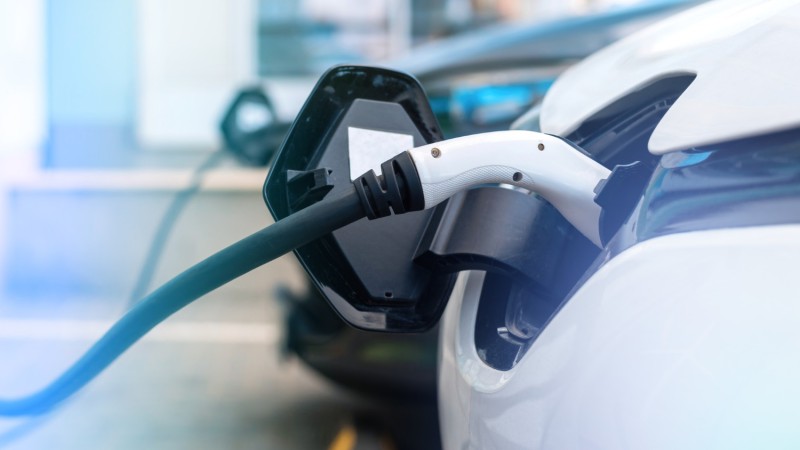Our Scrappage, Recycling and Car Blog
Environment
Category filter applied
CO2 emissions and the automotive industry

Ever wondered what carbon dioxide (CO2) emissions are generated by your vehicle? You might not be aware that CO2 emissions can influence the amount of car tax you pay, as well as the rate of company car tax for fleet users.
Although there is a growing demand for hybrid or electric vehicles (At the end of 2024 there were more than 1,360,000 battery powered electric vehicles in the UK), most cars on the road today still have petrol or diesel engines. When your engine is running, your vehicle’s fuel mixes with the air in the engine to generate the power needed to drive. Because petrol and diesel naturally contain a lot of carbon, burning them produces carbon dioxide gas which is then emitted into the atmosphere via the exhaust pipe.
Hydrogen Powered Cars in the UK

It was once predicted by the government that there could be 1.5 million hydrogen-powered cars in the UK by 2030. That is unlikely to happen now, but electric cars that run on hydrogen are a viable alternative to battery powered electric vehicles (BEVs) and may also be a greener option too.
With the sale of new petrol and diesel cars banned after 2035, EVs that run on lithium ion batteries are not the only choice for zero emission driving. In this guide we look at how a hydrogen-powered car works, what refuelling is like and what the future might hold for hydrogen-powered cars.
The growing interest in eco-friendly cars

There is no question that environmentally friendly cars are becoming more popular. In a sense they have to be. In the UK the sale of new petrol and diesel cars are banned after 2030, so soon an electric vehicle will be the only choice if you want to buy a new car. Consumers are increasingly seeing the environmental and cost benefits of driving an eco vehicle, but what environmental value do they have, how much do they cost, and which are the most common types?
The biggest issue for people considering buying an electric car is the forecourt price. The average price of an electric car in 2022 in the UK was £44,000, significantly higher than the equivalent cost of a car with a traditional internal combustion engine. However, the EV market has expanded rapidly in recent years, with a considerable number of luxury models being manufactured having the effect of bumping up average prices.
Categories
- Car Maintenance 26
- Driving Abroad 2
- Economy 1
- Environment 3
- Insurance 2
- Light-Hearted 1
- Manufacturers 1
- Motoring Guides 6
- Motorways 1
- New Car Sales 1
- Safety 3
- Salvage 13
- Social & Community 5
- Used Cars 18
- Winter Driving 2
Recent posts
- Car CO2 Emissions
- How To Replace A Car Air Filter
- MOT: the complete guide
- Used Tyres Guide
- What is GAP insurance?
- Guide to finding a replacement car engine
- Does the scrap value of steel affect your car’s scrap value?
- What are the most valuable salvage car parts?
- The Ultimate Guide to Replacing Wing Mirrors
- ASM Has Procured Over 350 Jaguar and Land Rover Flood-Damaged Cars!
- How To Find Replacement Parts for My Car
- Dos and don’ts of getting rid of your old car
- How to Replace your Serpentine Belt
- How to tax your car (the complete guide)
- Basic Car Maintenance: How to change your spark plugs